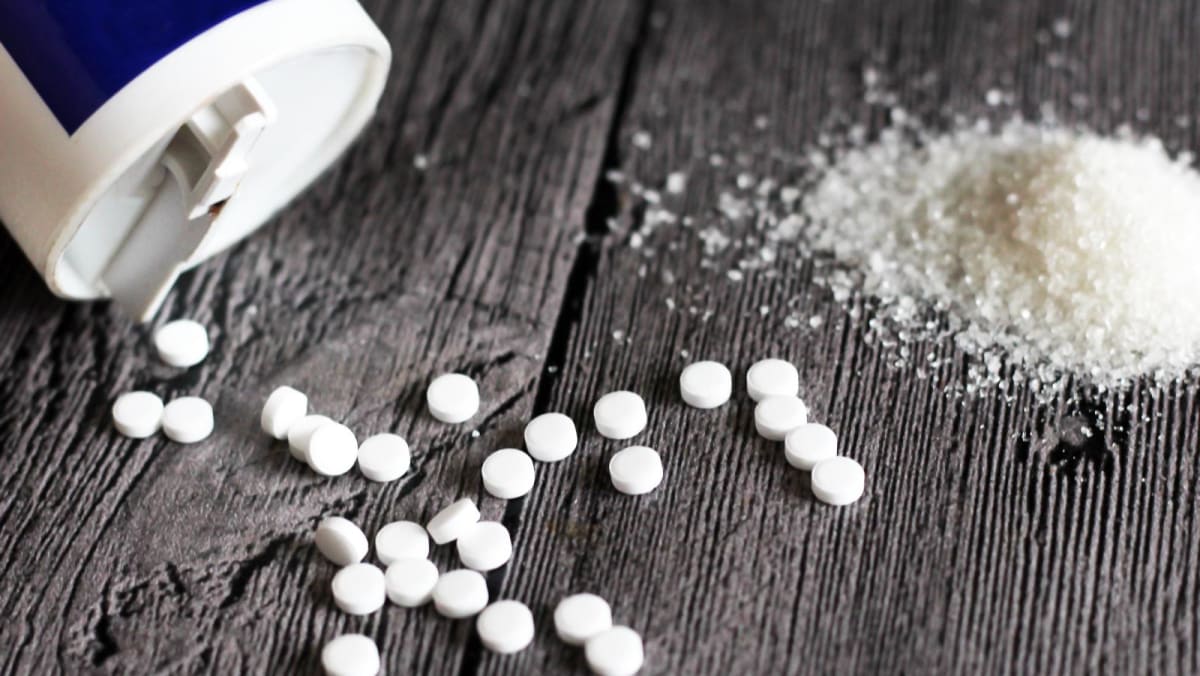Aspartame: Common artificial sweetener found in Coca-Cola diet sodas could be declared ‘possibly carcinogenic’

An IARC spokesperson said both the IARC and JECFA committees’ findings were confidential until July, but added they were “complementary”, with IARC’s conclusion representing “the first fundamental step to understand carcinogenicity”.
The additives committee “conducts risk assessment, which determines the probability of a specific type of harm (for example, cancer) to occur under certain conditions and levels of exposure”.
However, industry and regulators fear that holding both processes at around the same time could be confusing, according to letters from US and Japanese regulators seen by Reuters.
“We kindly ask both bodies to coordinate their efforts in reviewing aspartame to avoid any confusion or concerns among the public,” Nozomi Tomita, an official from Japan’s Ministry of Health, Labour and Welfare, wrote in a letter dated Mar 27 to WHO’s deputy director general, Zsuzsanna Jakab.
The letter also called for the conclusions of both bodies to be released on the same day, as is now happening. The Japanese mission in Geneva, where the WHO is based, did not respond to a request for comment.
DEBATE
The IARC’s rulings can have huge impact. In 2015, its committee concluded that glyphosate is “probably carcinogenic”.
Years later, even as other bodies like the European Food Safety Authority (EFSA) contested this, companies were still feeling the effects of the decision.
Germany’s Bayer in 2021 lost its third appeal against US court verdicts that awarded damages to customers blaming their cancers on use of its glyphosate-based weedkillers.
The IARC’s decisions have also faced criticism for sparking needless alarm over hard to avoid substances or situations.
It has four different levels of classification – carcinogenic, probably carcinogenic, possibly carcinogenic and not classifiable.
The levels are based on the strength of the evidence, rather than how dangerous a substance is.
The first group includes substances from processed meat to asbestos, which all have convincing evidence showing they cause cancer, IARC says.
Working overnight and consuming red meat are in the “probable” class, which means that there is limited evidence these substances or situations can cause cancer in humans and either better evidence showing they cause cancer in animals, or strong evidence showing that they have similar characteristics as other human carcinogens.
The “radiofrequency electromagnetic fields” associated with using mobile phones are “possibly cancer-causing”.
Like aspartame, this means there is either limited evidence they can cause cancer in humans, sufficient evidence in animals, or strong evidence about the characteristics.
The final group – “not classifiable” – means there is not enough evidence.
Source: CNA















